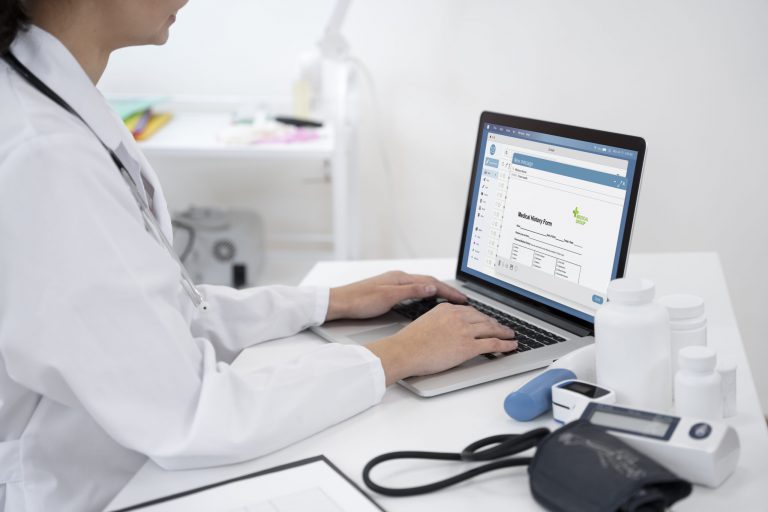
Mastering Healthcare Professional Databases: A Marketer’s Complete Guide
Introduction
In the fast-paced world of healthcare marketing, a healthcare professional’s database is more than convenient. It’s essential. This database, often including a vast healthcare professional mailing database, is vital for marketers. They use it to effectively reach medical professionals. Its value lies in its detailed contact information. This makes marketing campaigns more targeted and precise.
Understanding the Basics
A healthcare professional’s database usually has extensive contact details. It includes details such as first name, last name, specialty, email address, phone number, hospital affiliation, licensing state, etc information about healthcare professionals. This information is the core of any HCP’s contact database. It helps marketers navigate the complex medical outreach landscape. These databases vary. Some focus on clinical details, like patient care and treatment. Others deal with administrative and financial aspects, including billing and insurance.
Advantages for Healthcare Marketers
Using a medical professional database is hugely beneficial. Marketers gain better targeting and segmentation. This leads to more tailored and effective marketing strategies. Such an approach improves patient outreach. It also leads to better, data-driven decision-making. This is crucial in today’s healthcare marketing.
Finding the Right Healthcare Professional Database Provider
Choosing the right database is critical. It requires looking at several factors like data accuracy, coverage, compliances, customization, integration, support, cost-effectiveness & reviews/reputation. Marketers need a comprehensive and accurate healthcare professional database. They should search various platforms. The goal is to find up-to-date and verified information. Assessing the database’s quality and relevance is key to marketing success.
Features of Top Healthcare Leads Databases
Top healthcare databases excel through broad data coverage, embracing a wide array of healthcare professionals such as physicians, nurses, therapists, etc. These databases provide vital, diverse, and intricate information essential for multifaceted marketing needs. They prioritize user-friendliness, ensuring accessibility for marketers of all levels. Integration with existing marketing tools is a pivotal aspect, facilitating seamless campaign management and data analysis. Moreover, strict adherence to data security and privacy laws, such as HIPAA, is a non-negotiable feature. These attributes collectively make healthcare professional mailing databases exceptionally effective for targeted marketing and fully compliant with healthcare industry regulations, ensuring they meet the sector’s stringent standards.
Best Practices in Utilizing Healthcare Professional Databases
- Data Privacy and Security: Adhere strictly to data protection laws like HIPAA, ensuring patient and professional information is secure and confidential.
- Consent and Compliance: Use data ethically, respecting the consent of individuals whose information is stored in the database.
- Accuracy and Updating: Regularly update the database to maintain the accuracy and relevance of information.
- Targeted Use for Marketing: Use the data for precise targeting in marketing efforts, ensuring messages are relevant to the healthcare professionals in the database.
- Integration with Marketing Tools: Effectively integrate the database with other marketing tools for streamlined campaigns and analytics.
- Training and Education: Ensure those using the database are properly trained in both technical and ethical aspects of its use.
- Responsible Use: Utilize the database in a way that benefits healthcare professionals and patients, avoiding any practices that could be intrusive or unwelcome.
Future Trends in Healthcare Databases
Healthcare databases are changing fast. AI and machine learning are leading this change. They make databases more accurate and efficient. This is big for medical marketing and operations.
COVID-19 changed a lot. More telehealth and digital records now. This means more and different data. And it needs advanced processing.
Marketers in healthcare need to keep up. It’s important. These tech changes affect a lot. Like how patients behave and how care is given. Marketers must adapt their strategies. This keeps their campaigns on point in this fast-changing world.
Conclusion
A healthcare professional’s database is a crucial tool for marketers. It helps enhance marketing and contributes to better healthcare services. As the healthcare sector evolves, staying informed and adaptable is essential for success.